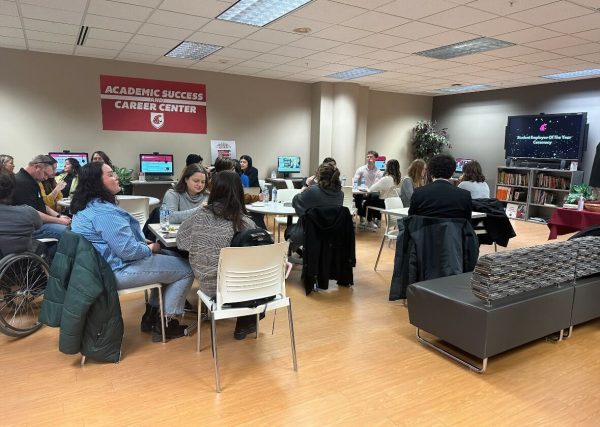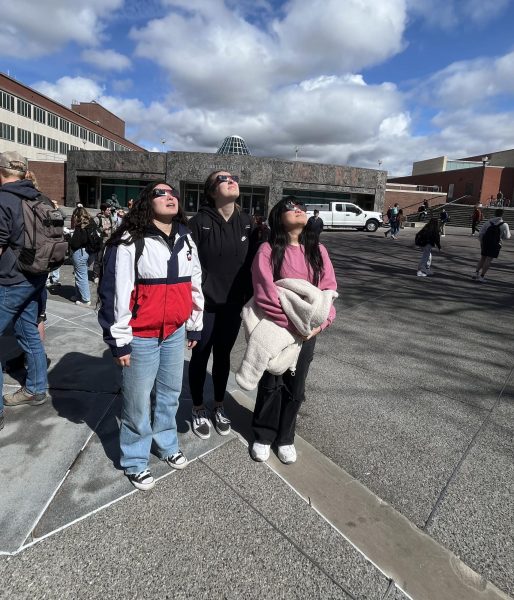Foley lecture discusses the Iran-US relationship
October 11, 2013
The rise of the Islamic extremists, the financial support of Iraq by the United States during the Persian Gulf War and the controversial Iran-Contra situation were all on the table in a talk with a national expert in Iranian studies Thursday.
The Thomas S. Foley Institute hosted Stanford University professor Abbas Milani, director of Iranian studies, in their Coffee and Politics series yesterday afternoon.
He briefly addressed current issues regarding the United States and Iran with a history of political relations and cultural perspectives.
“Iranians want to change the regime without changing the regime,” he said. “It’s much like what is going on with our government right now, no?”
Questions following the lecture allowed more immediate situations to be analyzed by Milani, who offered solutions and shared opinions when the time was appropriate.
WSU Director of the Foley Institute Cornell Clayton was pleased with the lecture, the questions asked by students and Milani’s answers.
“He gave a very brief history of Iranian tension that many Americans don’t understand,” he said. “The U.S. and Iran used to be very close, and we have not been for 30 or 40 years now.”
Milani was attentive to the modern perception of American and Iranian tensions and made use of commonly-known struggles scandalized through the media.
He talked about the Hostage Crisis of 1979, recently made popular in the Oscar-winning film “Argo,” as the launching point for many of the tensions the United States and Iran face today.
With recent discussions between President Barrack Obama and newly elected Iranian President Hassan Rouhani suggesting positive steps toward a new deal between countries, having Milani elaborate on his perspective in front of dozens of students was amazing, Clayton said.
“Milani is the most knowledgeable person in the country,” he said regarding Iranian studies. “Having a leading expert speak about this is fascinating.”
Expressing hope for Iran’s future, Milani insisted that change is both desired negotiable.
“Cinema, art, media, and technology is bursting over there right now,” he said. “Iran is very Internet savvy. There are 30 to 40 million Internet users in the country … Can Iran have the potential to be the next surrogate silicon valley? Are they thinking about the future? Yes.”





















